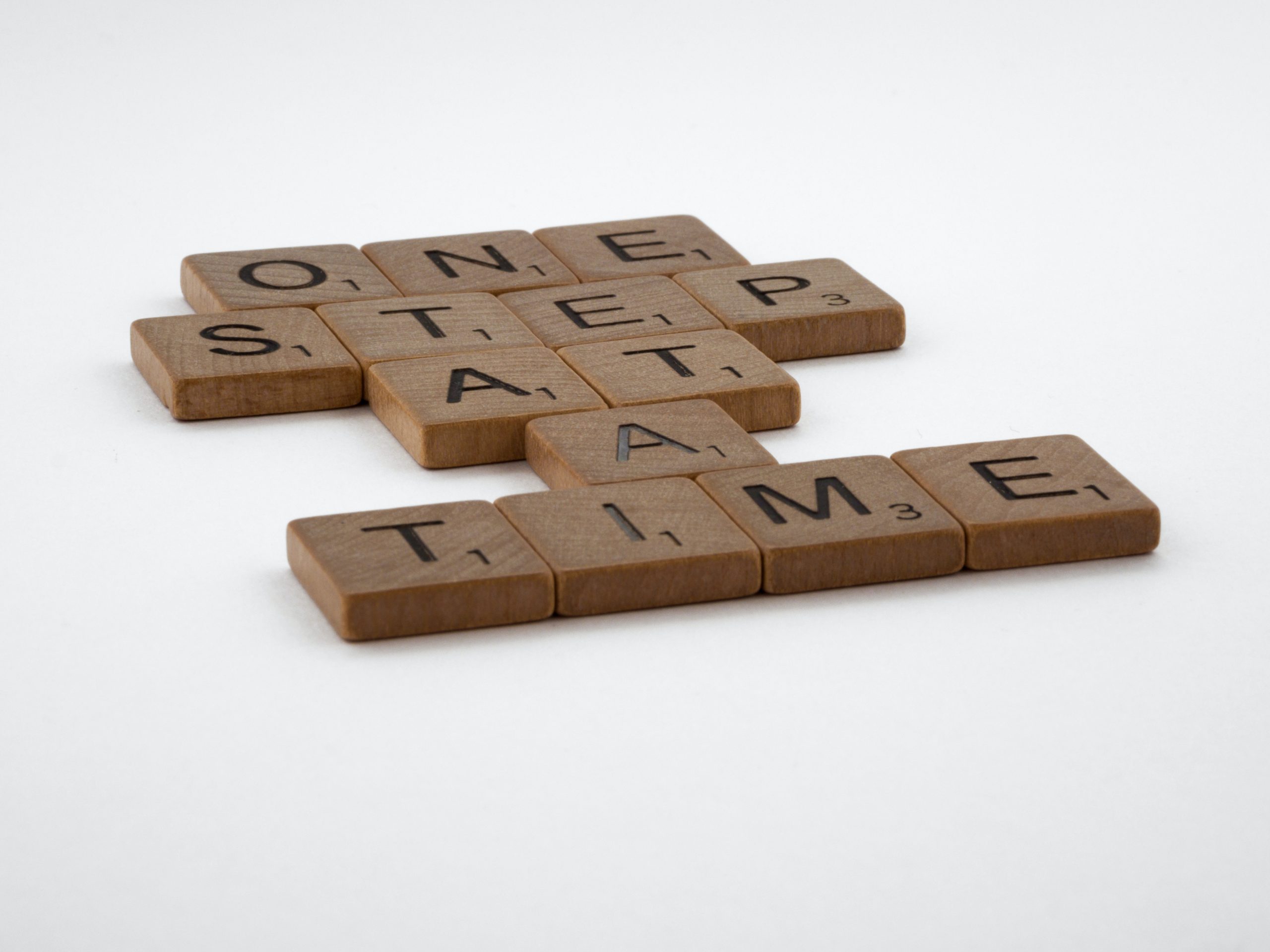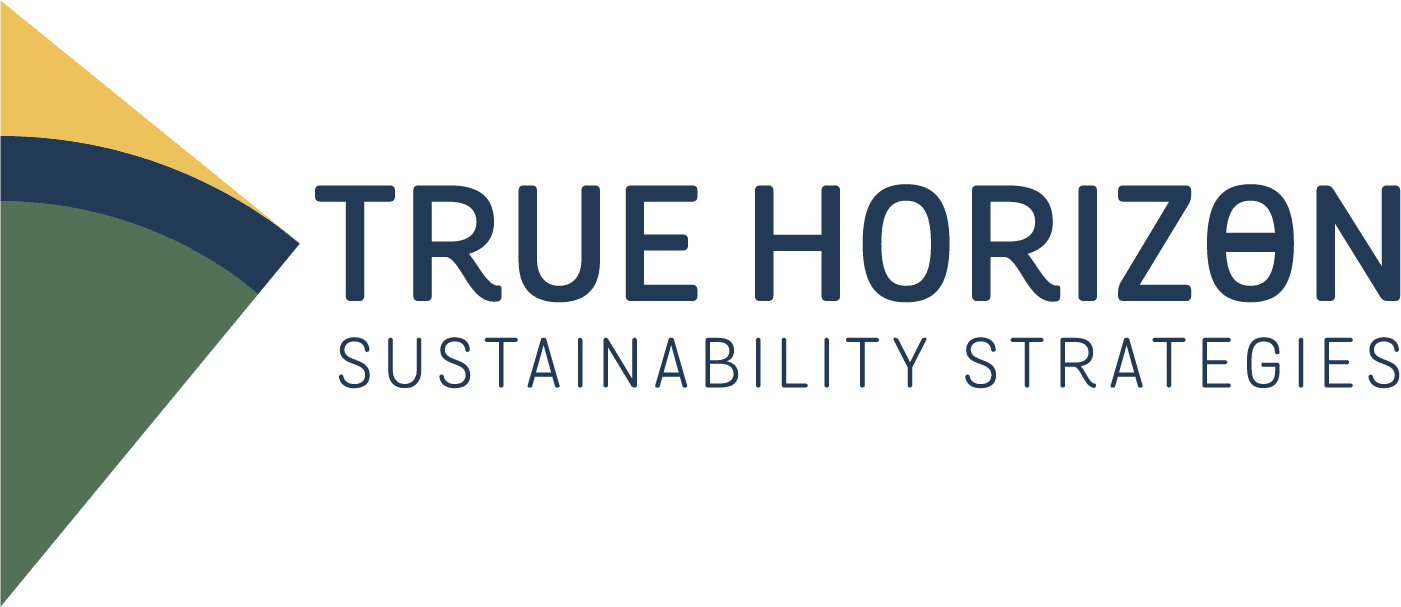
Sustainability: Embracing Progress Over Perfection
One of the biggest threats to sustainability is the impossible ideal of perfection. It’s fuelling judgment and a level of scrutiny that just isn’t productive. And it needs to stop.
I’m sure you’ve noticed it, too. On social media, everyone can share an opinion in a matter of seconds. Someone will share their efforts to be more sustainable, and there’s a high likelihood it’ll be met with one-upmanship or negative judgment.
The worst part? The negativity often comes from people with the same hopes for people and the planet. Pedantic arguments distract from the real issues at hand; to tackle them, we need to work together and celebrate progress before perfection.
The pitfalls of perfectionism in sustainability
There’s nothing wrong with constructive criticism; it’s important to critically analyse our efforts and make improvements if needed. But there’s a difference between being constructive and persistent, demoralising negativity. I’ve explored this topic more in our blog post about Eco Shaming.
It’s easy to nitpick people’s efforts and point out flaws. But all this does is discourage people from trying sustainable practices because they fear doing something “wrong”. And so the cycle continues: we desperately need collective action to tackle the issues that face our planet, but perfectionism prevents progress.
Embracing holistic sustainability
Holistic sustainability emphasises gradual progress and inclusivity. It’s about highlighting the importance of collective efforts rather than individual perfection. From community-supported agriculture to renewable energy sources, holistic sustainability creates a more balanced and integrated approach to sustainable living and resource management.
San Francisco, for example, is a city with a zero-waste goal. The city focused on improving waste management through additional waste streams while also addressing social equity. It’s collective action on a grand scale, and it works because businesses and residents are incentivised to reduce waste and waste education was provided to residents in multiple languages. The efforts have been so successful that the city exceeded their first goal of diverting 75% of waste from landfill two years early as well as cutting its overall disposal in half.
The power of incremental change
Incremental, consistent efforts can have a more significant and lasting impact on sustainability. The gradual increase in renewable energy is a prime example of this. In 2022, 40% – a record amount – of electricity came from renewables. This is a massive jump compared to 2000 where renewables accounted for just 2.8%.
As more people switch to renewable energy, slowly but surely this will become the standard. Over time, this will eventually have a hugely significant collective impact on reducing greenhouse gas emissions and the transition away from fossil fuels.
Acknowledging the role of privilege
When assessing others’ sustainability efforts, we need to be mindful that limiting our impact on the environment is a privilege in and of itself. The extent to which people can adopt eco-friendly practices can depend on a host of economic, political, environmental or social factors.
It’s important to be empathetic and understanding when observing people’s efforts; what’s easy for one person could be a sacrifice for another, and we don’t know how many barriers they had to overcome to get there.
Sustainability initiatives that address privilege issues aim to make sustainable practices more accessible and inclusive, recognising that individuals and communities may face varying levels of privilege that impact their ability to adopt sustainable lifestyles.
An example of this is food rescue and distribution programmes. Organisations like food banks and food rescue initiatives work to address food insecurity while reducing waste. These programs collect surplus food from restaurants, supermarkets, and farms and distribute it to those in need, promoting sustainability and equitable access to food.
Promoting positive reinforcement
Positive reinforcement is a brilliant way to keep the ball rolling. The more we praise and encourage people for their efforts, the more we create a ripple effect of collective action. A simple example of this is businesses with sustainability-focused loyalty programmes that reward customers for eco-friendly choices. For example, a coffee shop may offer a discount for customers who bring their reusable cups.
I encourage you to celebrate and support each other’s sustainability efforts. The more we cheer each other on, the easier it will be to make real, lasting change.
And if you’re ready to make imperfect progress, it’s time to build your Sustainability Roadmap.
This is a six-month mentoring partnership to help SMEs scale responsibly and balance purpose with profit.
Are you curious about how it could support your sustainability goals? Book a free 40-minute discovery call with me here to talk it through.
